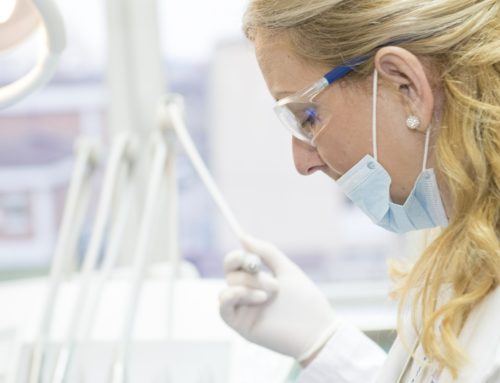As a dental hygienist, you can save lives, too! Hygienists are typically concerned with looking for and eradicating periodontal disease, and improving their patients’ overall oral health. At the same time, hygienists are looking for cavities, screening for oral cancer, treating periodontal infections, and motivating patients to improve their oral health at home. Dental hygienists also educate patients on the links between periodontal disease and heart attacks, diabetes, and low birth-weight babies. As the first person your patients meet, hygienists offer recommendations based on a patient’s individual needs, which might include advice on sleep.
Sleep Apnea and Hygienists
When going to the dentist, the topic of sleep apnea is not the first thing that comes to mind. However, the area of dental sleep medicine continues to advance each year. Once a dental hygienist has received the proper education, training and CE certification in sleep apnea it is impossible to ignore the signs and symptoms of this potentially deadly condition. Initial screenings reveal that many of your patients might snore, feel tired all the time or knew someone who had been diagnosed with sleep apnea, but had never sought treatment.
Educate Your Patients
In addition to educating your patients on oral diseases and complications, it is important to also educate them on the dangers of sleep apnea and what treatment options are available. Through the knowledge of sleep apnea, patients can become better informed of this potentially deadly disease before it worsens.
As a hygienist you can educate your patients on what sleep apnea is, as well as oral appliances. Explain to your patients how an oral appliance works and how it would be custom-made specifically for their individual needs so they can sleep with an unobstructed airway.
Incorporating dental sleep medicine into your practice is important. It is also extremely beneficial to make sure your dental hygienists receive the education they need to properly identify a problem, as well as establishing and maintaining an effective treatment plan.
Treating sleep apnea in the dental office helps to increase the quality of your patients’ lives. With the help of your hygienists, your patients will sleep better, wake up well rested, and their bed partners will thank you, too! Contact Dr. Mayoor Patel for more information on how your hygienists can also receive the educational training they need to accomplish to help them in identifying and treating sleep apnea in patients.


